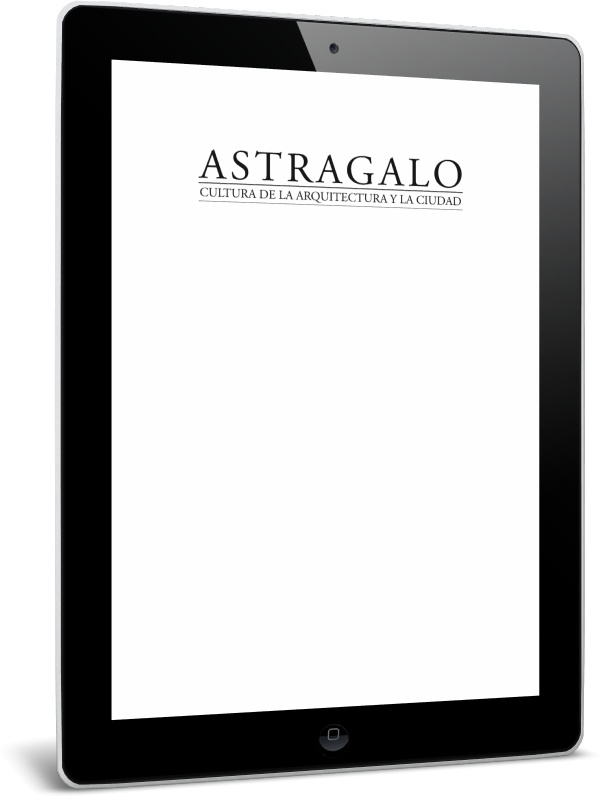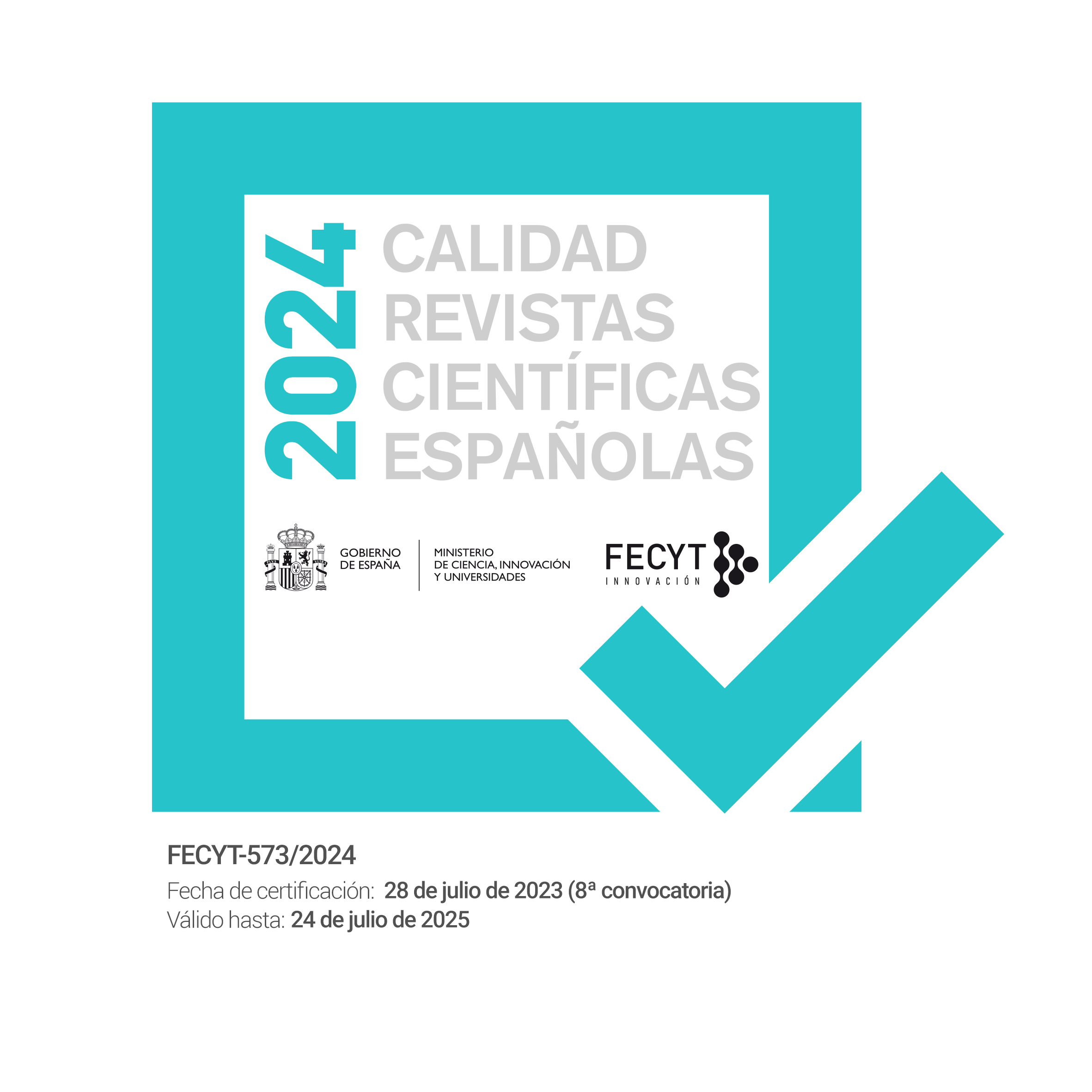Call for papers for two issues (2026)
A41 EXTRA (2026) Decolonizing Spatial Justice from Palestine: Spaciocide, Resistance, and Resonant Geographies of Struggle
Guest Editors - Short Bios
Architect and Associate Professor at the Department of Architectural Engineering and Planning at Birzeit University. Her work focuses on spatial politics under settler colonialism, decolonial urban studies, and feminist and indigenous epistemologies of space. She has published on urban transformations and contested geographies, the social construction of home, and socio-spatial resilience, situating Palestinian space as a theoretical ground for rethinking global geographies of injustice.
Architect and Lecturer at the Department of Architectural Engineering and Planning at Birzeit University. His work examines the intersections of infrastructure, spatial practices, and local knowledge within colonial and historical contexts. He explores material, environmental, and social networks that shape architectural and spatial formations, and engages in critical initiatives reimagining mapping and documentation through community practices, oral histories, and situated perspectives.
Submissions until April 15th 2026 Peer review until May 30th 2026 Publication June 30th 2026 ---A42 (2026) Rewilding Cities: Valuing the Urban Wilderness
Two new issues are announced:
Submissions deadline: 15 June 2026
Peer review: until 20 July 2026
Publication: September 2026









 2024 QUALIS-CAPES: Anthropology / Archaeology A3; Architecture, Urban Planning And Design A3; Urban And Regional Planning / Demography A3
2024 QUALIS-CAPES: Anthropology / Archaeology A3; Architecture, Urban Planning And Design A3; Urban And Regional Planning / Demography A3





